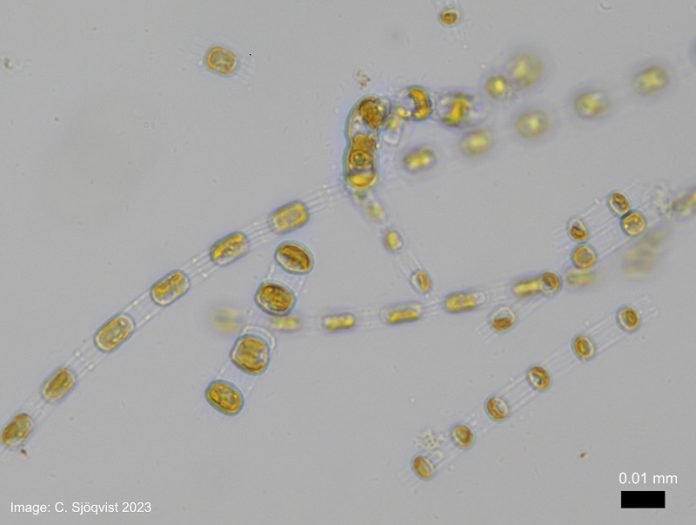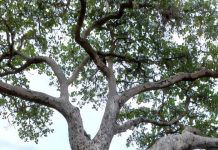
Researchers at Åbo Akademi University in Finland have made a groundbreaking discovery by bringing back to life microalgae cells that had been dormant for up to 60 years.
These cells were collected from sediment layers at the bottom of the Archipelago Sea and have offered unique insights into how these tiny organisms have adapted to rising sea temperatures over decades.
Microalgae are incredibly important to our planet. They produce half of the Earth’s oxygen and are fundamental to marine food webs.
Understanding how they adapt to changes in their environment helps us understand more about the overall health of our oceans and the planet.
The study, published in Nature Climate Change, stands out globally as it demonstrates natural adaptation to climate change.
Until now, scientists have mainly studied how microalgae adapt by simulating conditions in the lab, which doesn’t always accurately reflect real-world conditions.
By reviving these ancient algae cells, researchers have been able to compare how generations from the 1960s, 1990s, and 2010s have changed.
They found that the optimum temperature for algae growth has increased by 0.89°C, aligning closely with the sea’s temperature rise of about 2.5°C from 1960 to 2020.
This revival allowed scientists to see how algae from today differ from those in the past. Modern algae have adjusted their gene expression and even their shape to better take up nutrients and support their faster metabolism at higher temperatures.
Interestingly, algae from the 2010s are less stressed by higher temperatures than those from the 1960s.
One key finding is that today’s algae express fewer heat shock genes, indicating they have become more accustomed to warmer conditions. This points to a significant adaptation over the last 60 years.
Conny Sjöqvist, the project researcher, emphasized the broader implications of these findings. “Now we will move on to examine the significance of adaptation for this key species as a whole and the ecological consequences this can have for the rest of the marine ecosystem,” Sjöqvist said.
The team is particularly interested in other changes that might have occurred, such as in the fatty acids and nutritional values of the microalgae. These factors are crucial because they affect the entire marine food web.
This research not only sheds light on the resilience and adaptability of microalgae but also enhances our understanding of how marine ecosystems respond to climate change.
It provides valuable data that could influence future environmental policies and conservation strategies.



